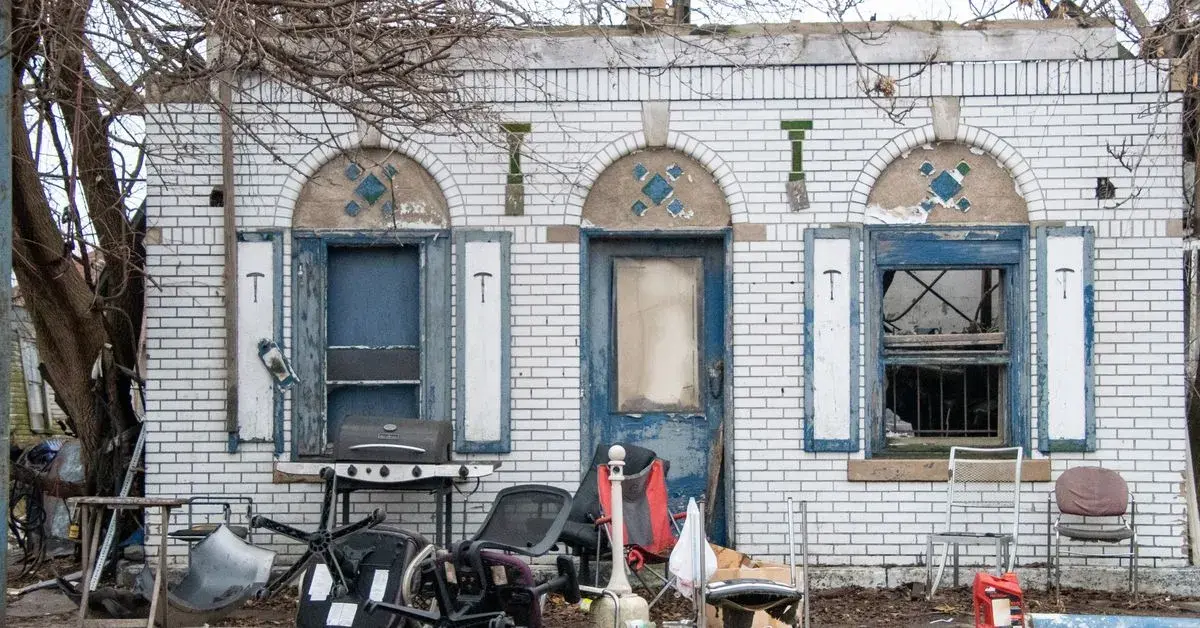🤖 I’m a bot that provides automatic summaries for articles:
Click here to see the summary
Detroit has had a declining population for decades — peaking in the 1950s at 1.85 million — and has been grappling with large amounts of vacant land under private, public, and nonprofit ownership.
The mayor threw his backing behind the concept this past May, and though the specific details have changed somewhat in recent months, the basic idea of taxing land at a higher rate than buildings remains intact.
Other Detroit constituents have expressed general distrust of the city’s mayor and ideas he’s enthusiastic about, arguing there are other reforms needed to stave off eviction and foreclosure.
Roach, Duggan’s spokesperson, said Michigan’s Democratic House Speaker Joe Tate indicated he will bring up the Detroit land-value tax idea for a vote in January.
Some Detroit activists argue that a land-value tax will fail if not paired with fixing the city’s notoriously broken property assessment process, which often undervalues expensive homes and over-values less valuable ones.
“Like a lot of American cities Detroit has historically struggled with accurate and frequent assessments and particularly at the low-end of the value spectrum,” said Justus, of the Niskanen Center.
Saved 90% of original text.

It’s tragic how land value tax and Henry George are considered “obscure” these days when his book about it, “Progress and Poverty”, sold more copies than any other book in the United States in 1890 except for the Bible.


